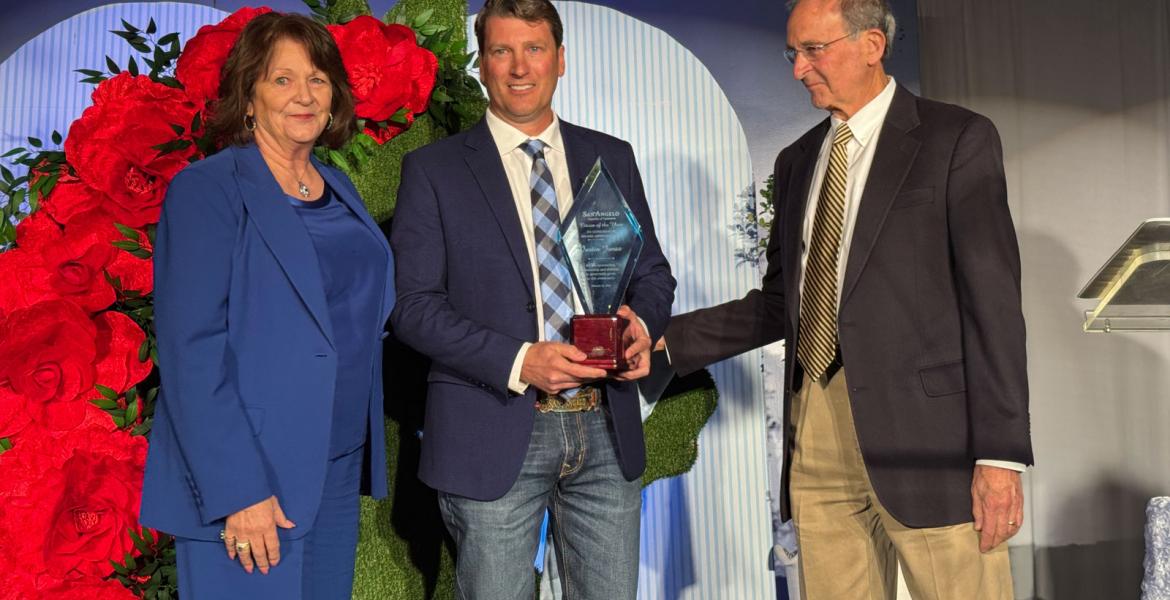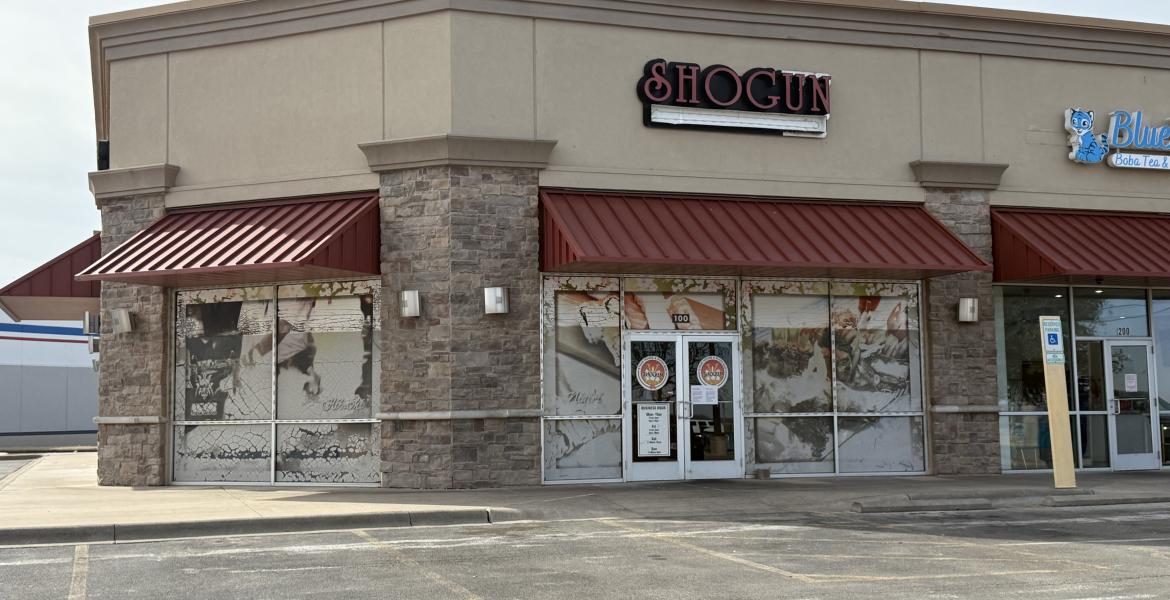Speculation, predictions, hearsay and trends from Midland are the talk of the town.
But San Angelo isn’t Midland/Odessa, so it can be hard to determine what things will affect the economy in San Angelo.
Hence, the reason why the Cline Shale Impact Study is currently underway.
“Everybody’s interested in this report,” said Cathy Ballard, from Concho Valley Workforce Development Board, “they say this [oil field] is going to last longer than other oil fields because of the way they are drilling, but we don’t know.”
The City of San Angelo can’t accurately predict the economic impact without extensive research, so they’ve partnered with Abilene and surrounding communities to pay for a study conducted by the University of Texas San Antonio Institute of Economic Developments Center for Community and Business Research, and led by Dr. Thomas Tunstall.
The Cline Shale won’t be their first rodeo either; Tunstall and UTSA have done extensive work on the Eagle Ford Shale in South Texas, and created impact studies for the Eagle Ford.
The study will look at different aspects of the community and economy and what the increase will change.
“The main impact I think for us will be workforce and housing issues,” said Ballard, “we’ve lost a lot of people to the oilfield.”
The study looks at economic outputs of the energy industry, and speculates at issues with infrastructure, revenue, population increase and water sustainability.
“I see San Angelo and Abilene able to support the activity,” Tunstall explains, stating that San Angelo’s economic development hasn’t been solely based on the energy industry.
Said study will measure oil production, job increase, salary increase, local and state tax revenue, and gross regional product increases.
The data will be broken down into separate categories explaining how the drilling will increase output, wages, etc. in subjects like construction, infrastructure, land-lease payments, right of way and refinery.
By measuring the growth from one year, the team conducting the study will predict the economic impact the Cline Shale will have on San Angelo, Abilene and surrounding small communities.
After getting the numbers, they can recommend what amenities need to be adjusted for the growth, for example the things that Tunstall states in an article on eaglefordshale.com “roads, water, wastewater treatment, solid waste treatment, medical facilities, first responders (police, fire, medical emergency), electricity generation, K-12 education, and housing – as well as broadband, improved public amenities and aesthetics that will be needed to improve quality of life.”
In theory, the information will be disseminated according to the proper channels, and action will be taken accordingly.
After preliminary studies are completed, the impact on each individual county will also be produced in detail.
No matter what the study says about the economic growth in the Cline Shale, one of the big concerns is a bust.
“Slow downs or busts are applicable to any community in Texas,” Tunstall said, “wherever there are energy booms, you need to diversify.”
A diversified community allows for economic recovery and stability once the oil businesses move on.
With San Angelo’s economy not reliant on energy alone, Tunstall seems to think that San Angelo will be just fine.
Another concern is whether the study will be accurate enough.
“Things are starting to happen here, but there may not be enough data yet,” Ballard mentioned her thoughts on the matter.
When addressed with the concern, Tunstall explained, “I think the forecasts get a little better every time… we do the best we can, forecasting is a treacherous business.”
The cost of the study was split up by a grant given to both the Abilene and San Angelo workforce boards, various private entities like the San Angelo Chamber of Commerce, and smaller outlying towns.
“The Concho valley workforce board got a grant and the state agreed we could use the money for this study,” explained Ballard.
The study is not a guarantee of what will happen, just a guideline of the potential effects of probable boom.
Research is already underway and the study is expected to be complete early next year.
For more information on Dr. Tunstall and the UTSA Institute for Economic Development, vist iedtexas.org. Information on their study of the Eagle Ford Shale Community Development Progam can be found at efscdp.org
Subscribe to the LIVE! Daily
Required






Post a comment to this article here: